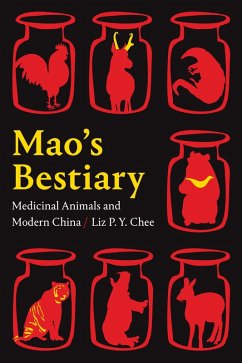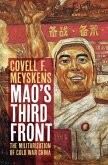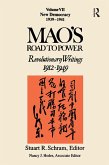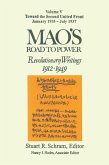Controversy over the medicinal uses of wild animals in China has erupted around the ethics and efficacy of animal-based drugs, the devastating effect of animal farming on wildlife conservation, and the propensity of these practices to foster zoonotic diseases. In Mao's Bestiary, Liz P. Y. Chee traces the history of the use of medicinal animals in modern China. While animal parts and tissue have been used in Chinese medicine for centuries, Chee demonstrates that the early Communist state expanded and systematized their production and use to compensate for drug shortages, generate foreign investment in high-end animal medicines, and facilitate an ideological shift toward legitimating folk medicines. Among other topics, Chee investigates the craze for chicken blood therapy during the Cultural Revolution, the origins of deer antler farming under Mao and bear bile farming under Deng, and the crucial influence of the Soviet Union and North Korea on Chinese zootherapies. In the process, Chee shows Chinese medicine to be a realm of change rather than a timeless tradition, a hopeful conclusion given current efforts to reform its use of animals.
Dieser Download kann aus rechtlichen Gründen nur mit Rechnungsadresse in A, B, BG, CY, CZ, D, DK, EW, E, FIN, F, GR, HR, H, IRL, I, LT, L, LR, M, NL, PL, P, R, S, SLO, SK ausgeliefert werden.









